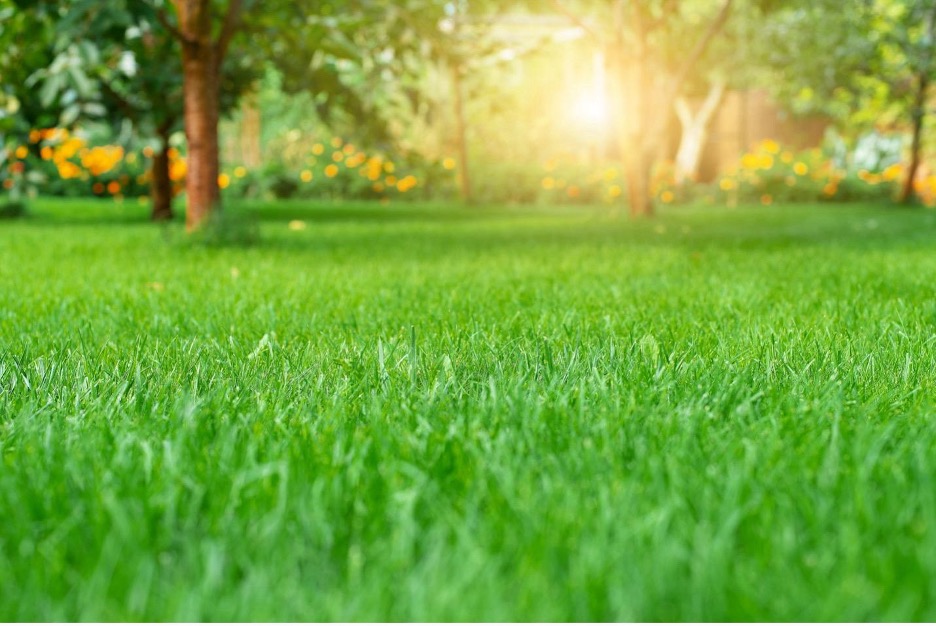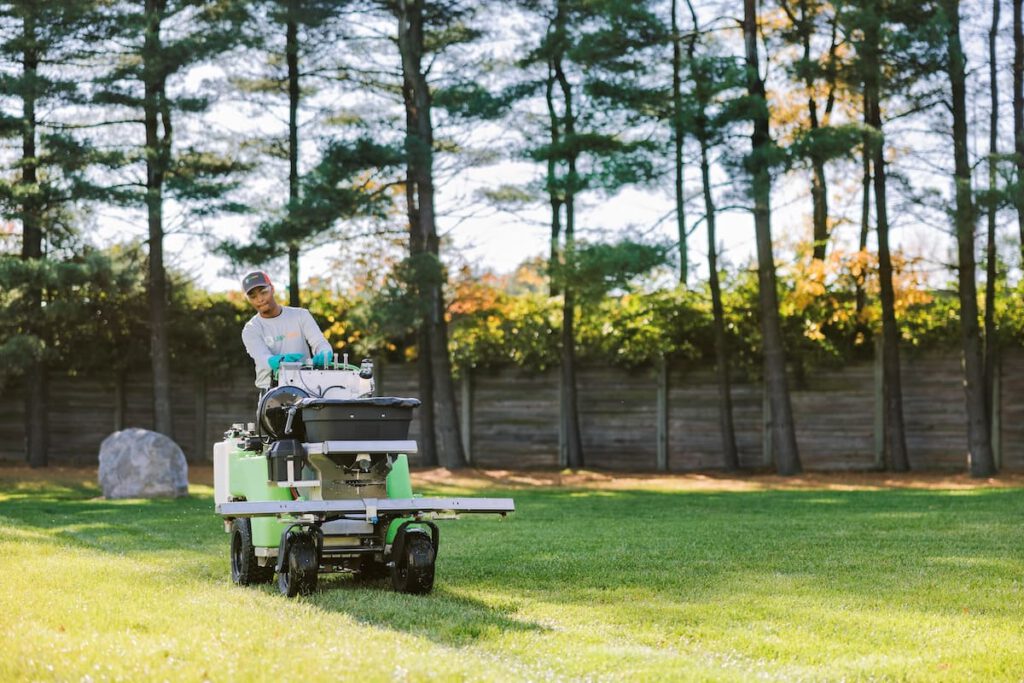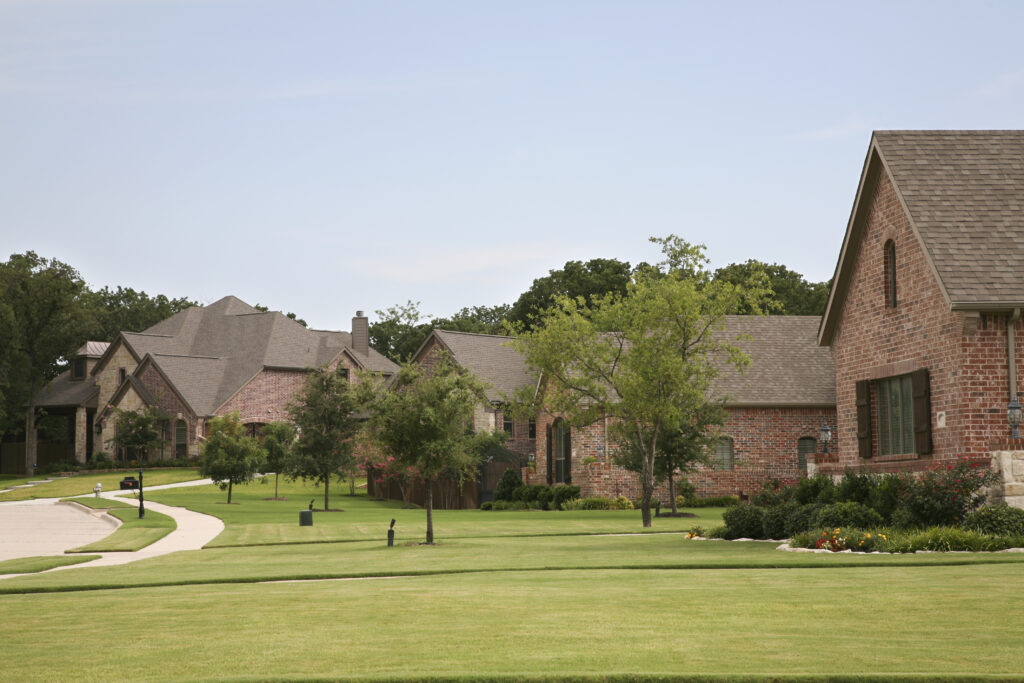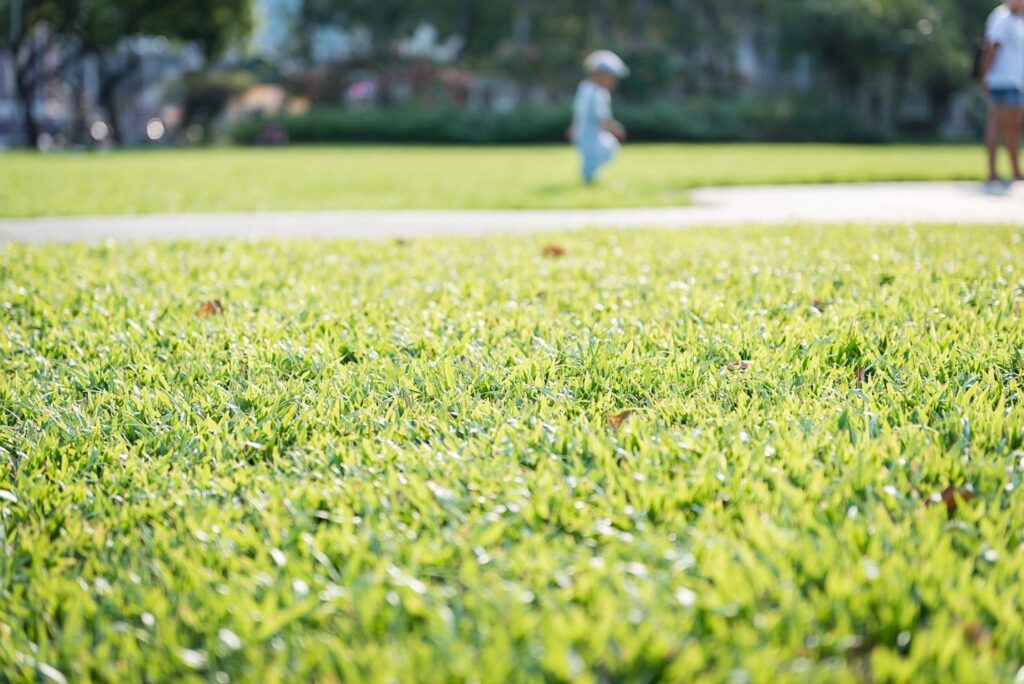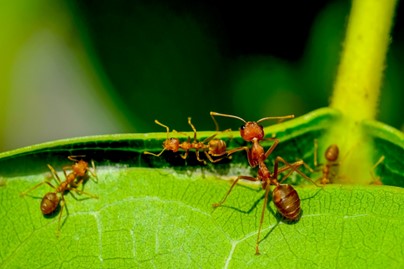As you step outside in Myrtle Beach, the salty ocean breeze mixes with the distant sounds of seagulls and the lively chatter of beachgoers. Your eyes sweep over your backyard, and frustration sets in—the grass that once gleamed with life now struggles, patchy and stressed under the humid coastal heat.
The lush green you once took pride in seems like a distant memory, leaving you wondering if your outdoor space can ever recover. Don’t worry—this post will guide you through practical steps and expert tips to restore your lawn and keep it thriving, even in the face of Myrtle Beach’s unique coastal challenges.
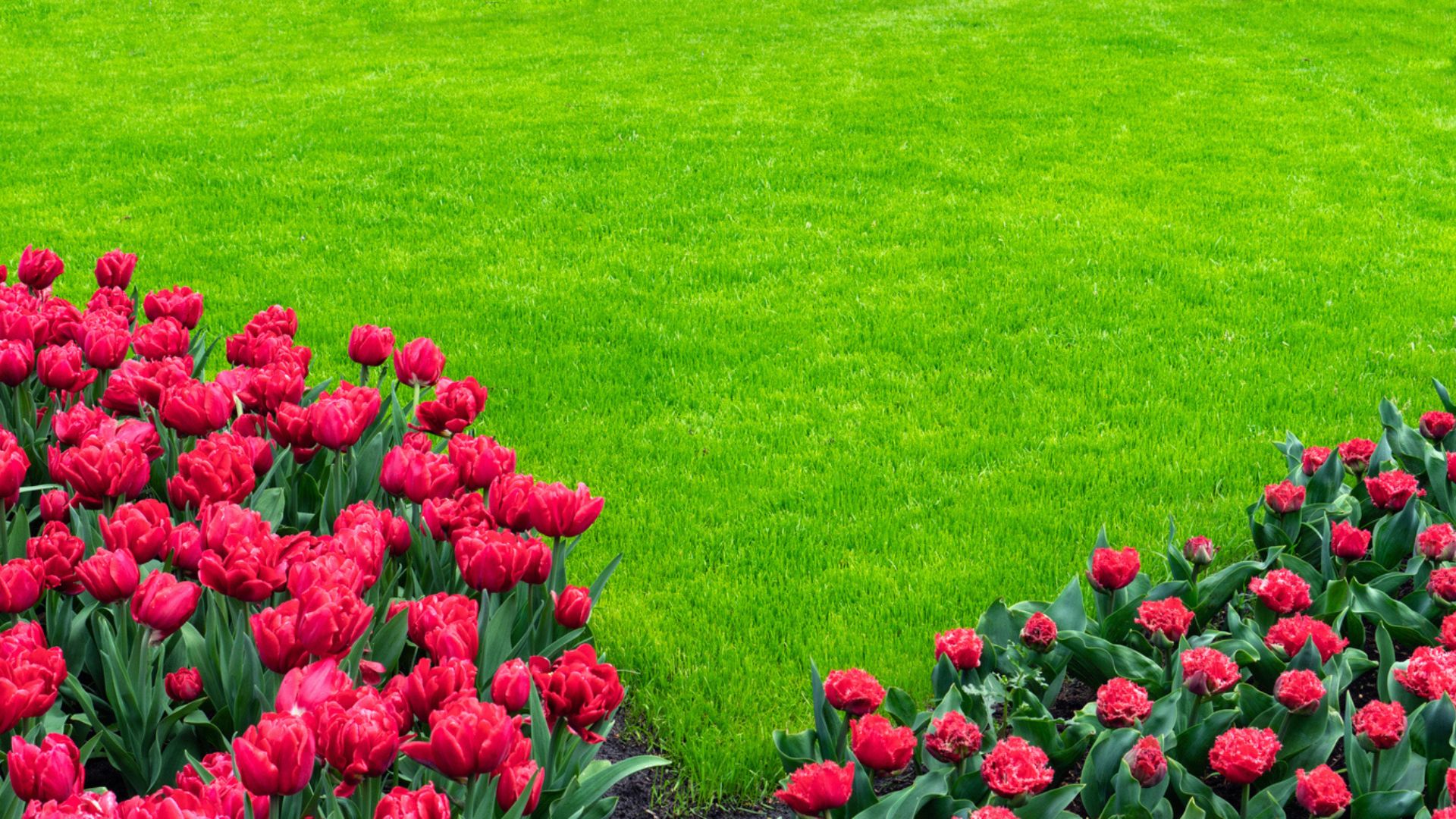
Why Coastal Lawns in Myrtle Beach Struggle
Living in Myrtle Beach comes with its own set of challenges for lawn care. The sandy soil, while great for drainage, often leads to rapid moisture loss. High humidity levels create an environment ripe for pests, like the notorious chinch bug, to wreak havoc on your grass.
Salty coastal air can further stress your lawn, leaving it vulnerable to heat and drought.
“I tried all the DIY solutions I could find online, but nothing seemed to work. My lawn was still struggling, and I felt like I was fighting a losing battle,” recalls a local homeowner. This sentiment is echoed by many—typical DIY methods often fall short in our unique coastal climate.
It’s time to take a radically honest look at our lawns and understand that we need strategies tailored specifically for our environment.
The Coastal Lawn Care Framework: Taming the Elements
1. Soil Conditioning
Start by improving your sandy soil with organic matter. Compost and well-rotted manure can enhance nutrient retention and moisture levels, providing a better foundation for your grass to thrive.
2. Watering Wisely
Instead of frequent shallow watering, aim for deep and infrequent watering sessions. This encourages deep root growth, making your lawn more drought-resistant. Early mornings are ideal for watering to minimize evaporation.
3. Fertilization Strategy
Utilize slow-release fertilizers that cater to the nutrient needs of warm-season grasses like Bermuda and Zoysia. A balanced fertilizer applied in spring will give your lawn the boost it needs to withstand the summer heat.
4. Pest Prevention and Control
Regularly inspect your lawn for chinch bugs and other pests. Use targeted treatments when necessary, and consider natural deterrents if you’re looking for eco-friendly options.
The right timing for treatments can drastically reduce pest populations.
5. Mulching and Ground Cover
In areas where grass struggles, consider using mulch or ground cover plants that thrive in sandy conditions. This helps retain moisture and reduces weed competition.
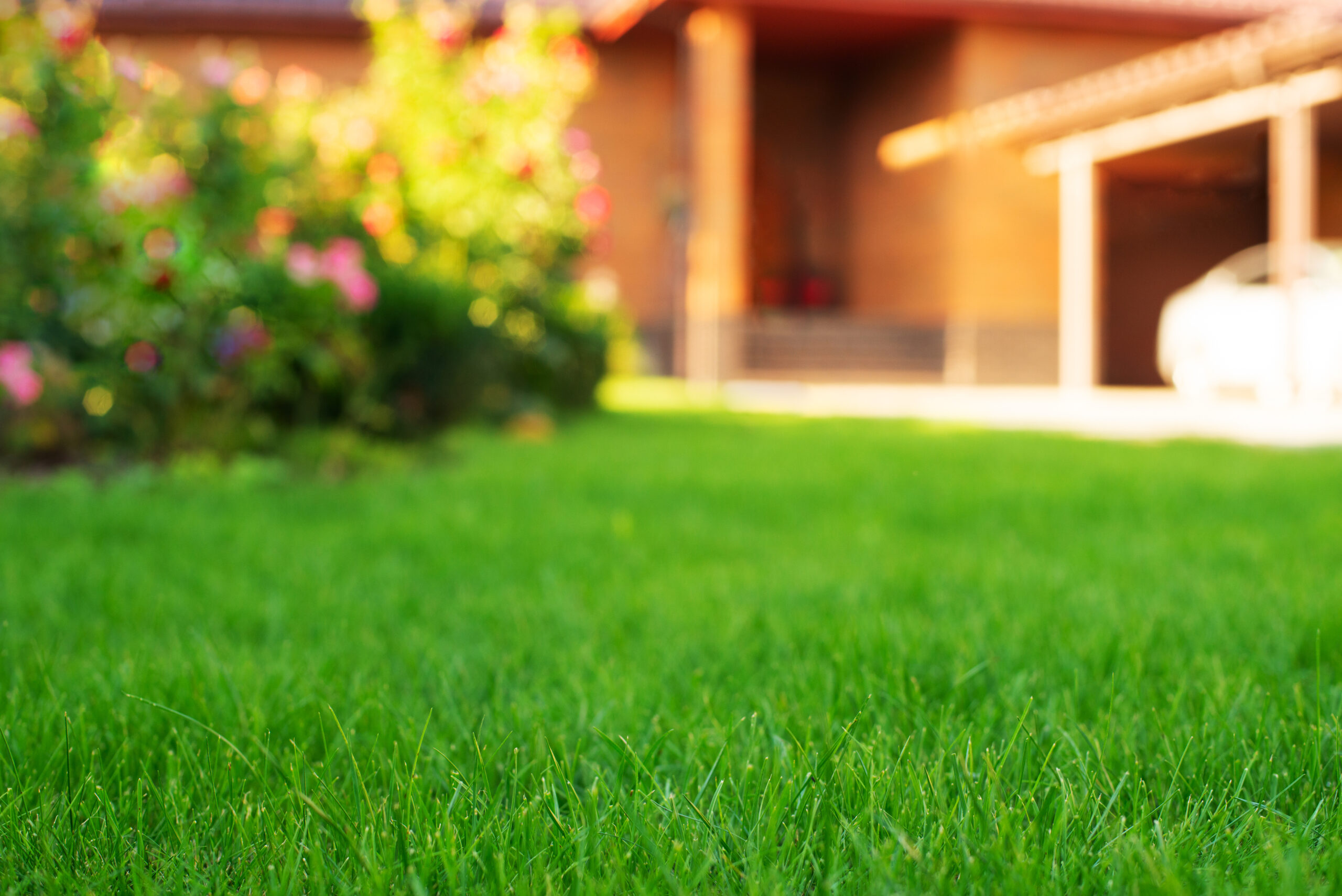
How One Myrtle Beach Family Revived Their Coastal Landscape
Meet Sarah, a Myrtle Beach homeowner who found herself in a similar predicament. Every summer, her backyard was a patchy embarrassment, and she dreaded inviting friends over for BBQs.
After a particularly rough season, she decided enough was enough. Sarah began her journey by enriching her sandy soil with compost and establishing a deep watering schedule. Armed with the knowledge from local experts, she targeted chinch bugs and applied a slow-release fertilizer.
By the next summer, her lawn was transformed. Imagine her pride as she hosted friends on her patio, the lush green grass providing a perfect backdrop. The vibrant colors contrasted against the blue sky, and the laughter of her friends filled the air.
“I never thought I could have a lawn I was proud of,” Sarah exclaimed. “It’s amazing what the right approach can do!”
Make Your Lawn a Myrtle Beach Showpiece
Stop letting salt, sand, or chinch bugs hold your yard back. Your lawn can be a source of pride, a lush green space that enhances your outdoor living experience.
Call Lawn Squad® at 843-507-0128 or ask about our VitaminLawn® Program today—your Myrtle Beach lawn deserves to thrive. With the right knowledge and support, you can turn your lawn into the envy of the neighborhood. Let’s get started!


